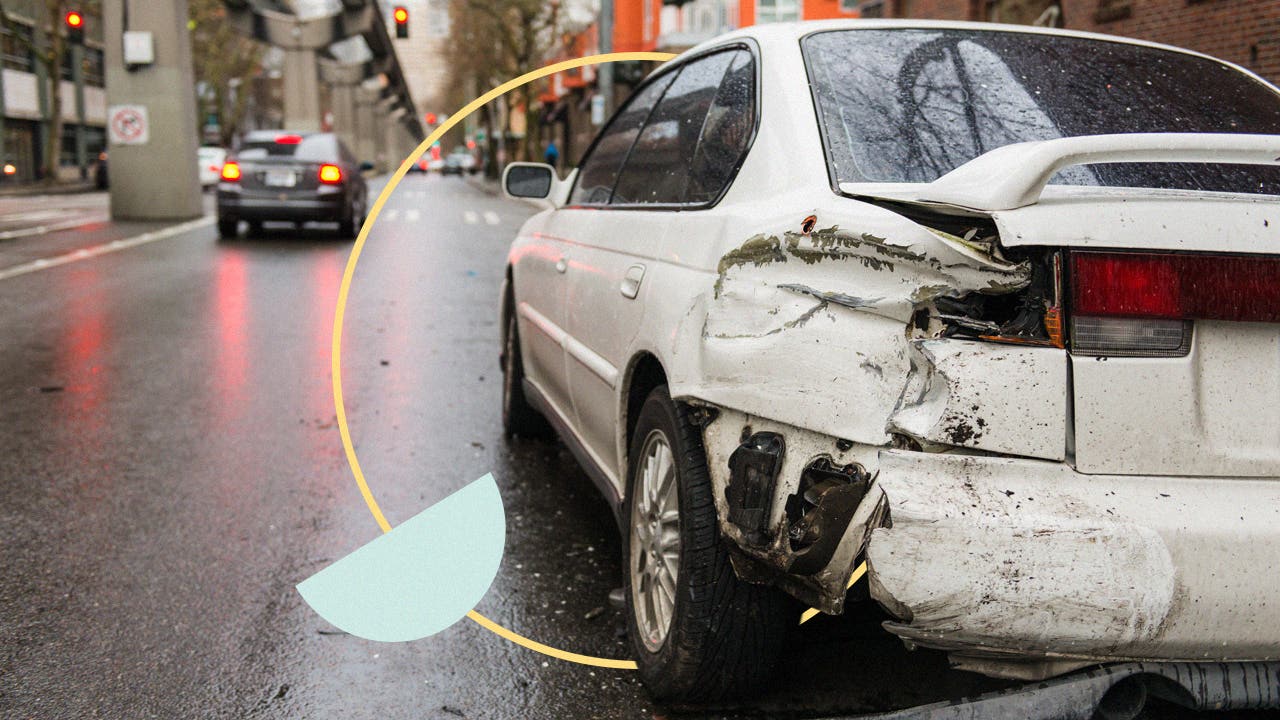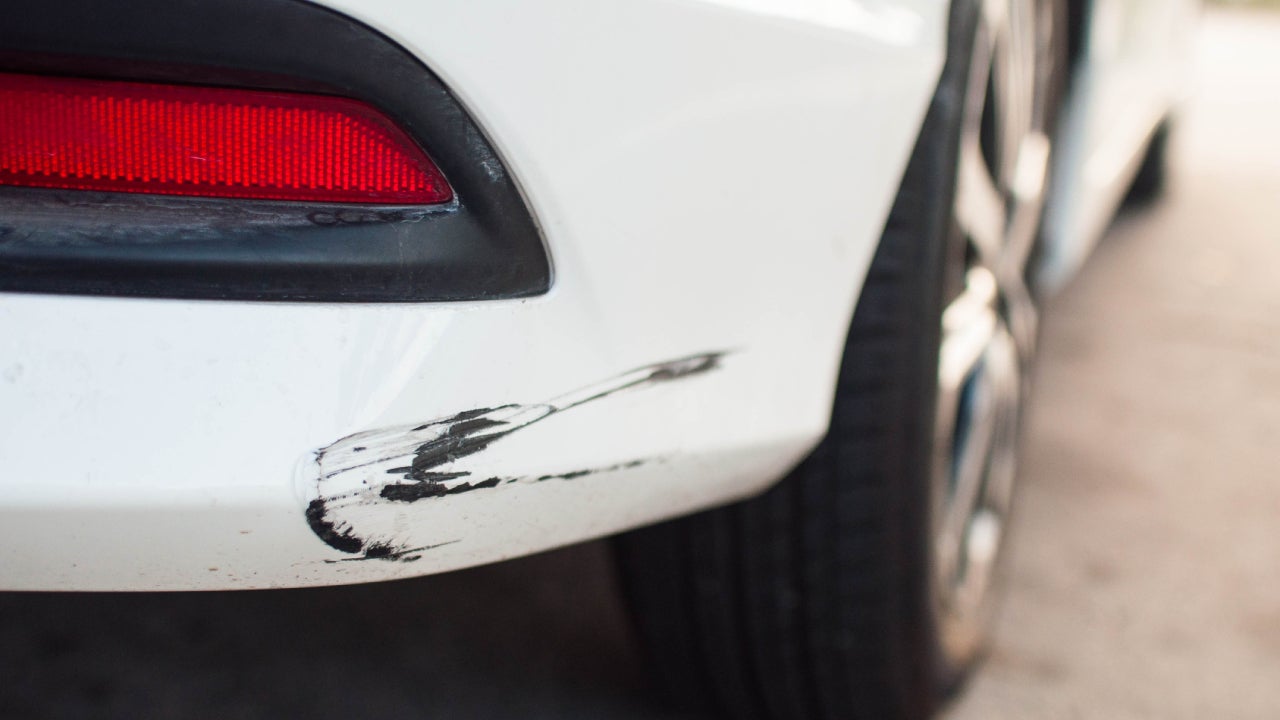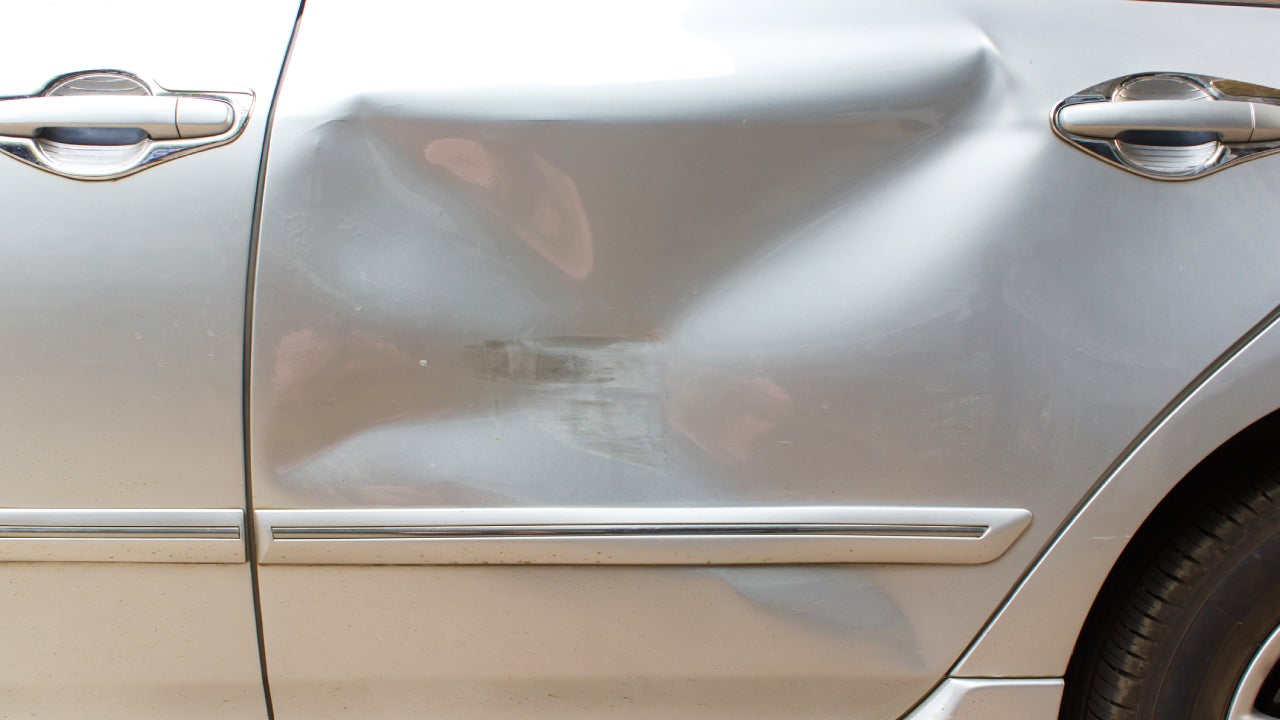Car insurance for a hit-and-run: What you need to know




Key takeaways
- A hit-and-run accident occurs when one of the drivers involved leaves the scene without exchanging information with the other driver.
- If you are involved in a hit-and-run, your first responsibility is to get assistance for any injuries, then contact the police.
- Several types of car insurance, including uninsured motorist coverage and collision insurance, may help pay for hit-and-run costs.
Leaving the scene of an accident without exchanging information is illegal in all states, and can lead to severe penalties if the driver is caught. If you’re the victim in this type of accident, you’ll have to rely on your own insurance policy to get financial relief. Fortunately, there are coverage types available to kick in and help you pay for damages if the other driver takes off. Bankrate’s insurance editorial team reviewed hit-and-run legislation, as well as when insurance can cover hit-and-run accidents, to help you understand what to consider if you are involved in one.
What to do if you were involved in a hit-and-run
Hit-and-run accidents can be stressful, even if the damage is minimal. If you are a victim of a hit-and-run, knowing how to react and what steps to take could make the process less stressful and help you get your insurance claim processed as quickly as possible.
1. Get medical attention
Your first priority after a hit-and-run is to ensure that anyone needing medical attention receives the appropriate care as quickly as possible. If you or anyone in your car is injured in the accident — even if you’re not sure of the extent of the injury — it is imperative that you call for medical assistance by dialing 911.
2. Call the police
It may also be in your best interest to call the police so that an official police report on the accident can be created. Having an official record of the event can help you file a claim with your insurance company later. In some cases, a police report may even be required to get your claim processed. Police reports confirm important details about the accident, including the circumstances, witness reports, and the state of your vehicle right after the hit-and-run.
3. Get as much evidence as possible
It may be helpful to gather your own evidence by taking pictures of your car or property. It’s easy to forget the details after a rattling experience such as a hit-and run, so photographic evidence will help you keep the facts straight for your insurer. Only do so, however, if your vehicle is safely on the side of the road and you can take photos without risk of getting hit by a vehicle.
4. Call your auto insurance company
If you decide to file a claim on your auto insurance policy, you will need to call your carrier or agent, or file the claim online or through an app. Provide the carrier with your photos and notes, the police report number or an actual copy of the police report, if you have one. Calling to file a claim as soon as possible after an accident can be beneficial; some insurance companies and states have regulations surrounding how long after an accident you can file a claim.
Car insurance for a hit-and-run accident
Depending on the coverage you carry on your auto insurance policy, you may have coverage for the damage to your own vehicle caused by hit-and-run accidents. While “hit-and-run coverage” is not its own policy type, there are several coverage types that could cover the expenses associated with this type of accident. Keep in mind that the optional coverage that protects you from hit-and-run losses varies by state regulations and your specific policy terms.
- Collision coverage: Collision coverage is not mandatory in any state, but is considered part of a full coverage insurance policy. It pays for repairs to your vehicle following an accident, and may be required if you have a car loan or lease. Collision includes a deductible that you must pay out of pocket before the coverage kicks in. Collision coverage also typically covers rollover accidents and pothole damage.
- Uninsured motorist bodily injury coverage: This coverage, which is optional in many states, pays for medical expenses incurred by you or your passengers if you are hit by a driver who has no insurance. Some states and insurers use this type of insurance to pay for costs following a claim for a hit-and-run accident. Exactly how this coverage may be used, however, can vary from state to state and from carrier to carrier.
- Uninsured motorist property damage coverage: This option, which is only available in a handful of states, pays for damage to your vehicle caused by someone without insurance, and may sometimes be used for a hit-and-run accident. Just like with uninsured motorist bodily injury coverage, this option may require proof that the at-fault driver is uninsured.
- Medical payments coverage: This coverage pays for your medical bills and your passenger’s medical bills, no matter who is at-fault. It is not available in all states.
- Personal injury protection (PIP): This coverage is similar to medical payments coverage and helps pay for medical expenses for both you and your passengers, no matter who is at fault for an accident. PIP is also not available in all states, but if you live in a no-fault insurance state, this coverage is mandatory.
Understanding your current policy and how it covers a hit-and-run situation could be beneficial. Best case scenario, you will never be the victim of a hit-and-run, but if you are, having the knowledge about how your insurance policy might protect you could help make the recovery process easier.
How a hit-and-run affects your car insurance rate
You may be wondering: does a hit-and-run affect your insurance? Although it is possible that you would be considered not at fault in a hit-and-run accident, you may still see an increase in your premium rate. You might also lose an accident-free discount or your eligibility for accident forgiveness. The increase might be minor, however, and it is likely to be less than it would be if you were found to be at fault in the accident.
If you are the cause of a hit-and-run accident and are found afterward, the penalties are likely to be higher. You may face civil fines or fees, possible points on your license, or other penalties. In some cases, you may have legal fees to handle, and could face criminal charges, which could lead to jail time. Your insurance rate will almost certainly increase, although the amount of the increase will vary depending on your carrier. If you have other moving violations on your license, your insurer may be reluctant to renew your policy, or you may need to file an SR-22 insurance certificate, or an FR-44 certificate in Florida and Virginia.
How to save on car insurance after a hit-and-run
Although you may have an increase in your car insurance premium after a hit-and-run, there are ways that you could potentially lower your rates:
- Shop other carriers: It’s generally a good idea to shop around for your policy regularly. Many insurance experts recommend that you gather a handful of quotes every year, when your policy is up for renewal. Requesting quotes from multiple insurance companies may lead you to find more savings than on your current policy.
- Utilize discounts: Most insurance companies provide discount opportunities to policyholders. If you have another insurance policy, like a homeowners or renters insurance policy, you may qualify for a bundling discount if you insure it with the same carrier. Other common car insurance discounts include paid-in-full, vehicle safety features and paperless billing.
- Maintain a clean driving record: Avoiding at-fault accidents and traffic violations can help to keep your insurance costs from increasing due to surcharges that could last for three to five years. If you have already seen an increase on your policy due to a hit-and-run, keeping your record clean could help you to avoid further increases.
Although hit-and-runs are stressful and could increase your auto insurance premiums, understanding how your insurance policy covers these situations can help you to find opportunities to save. If you have questions about the type of coverage you have or if you would be covered should you be the victim of a hit-and-run, talking to your agent or a representative from your insurance company could help you to understand your policy.
Frequently asked questions
Why we ask for feedback Your feedback helps us improve our content and services. It takes less than a minute to complete.
Your responses are anonymous and will only be used for improving our website.
You may also like

Car insurance after a hit-and-run in Minnesota

Car insurance after a hit-and-run in Washington


